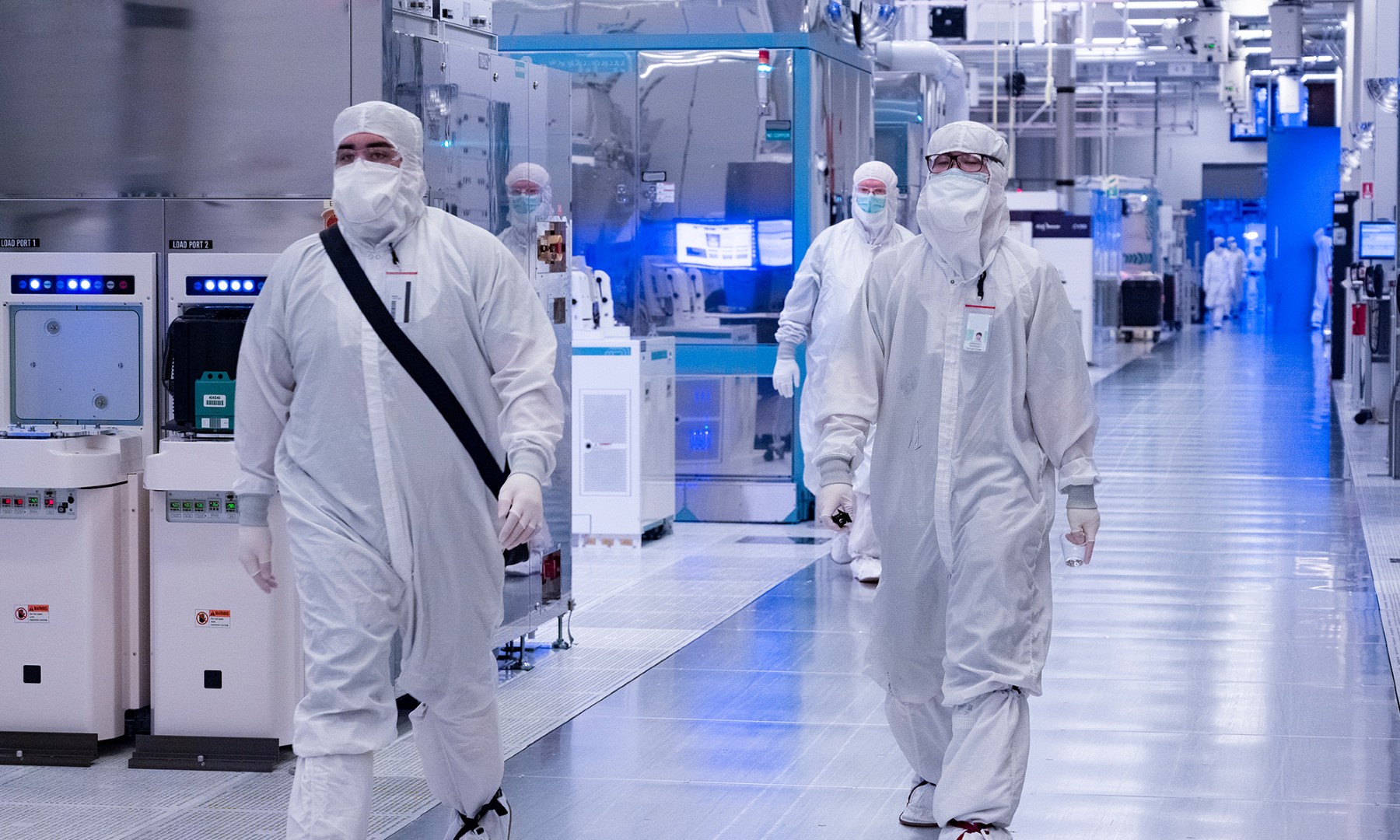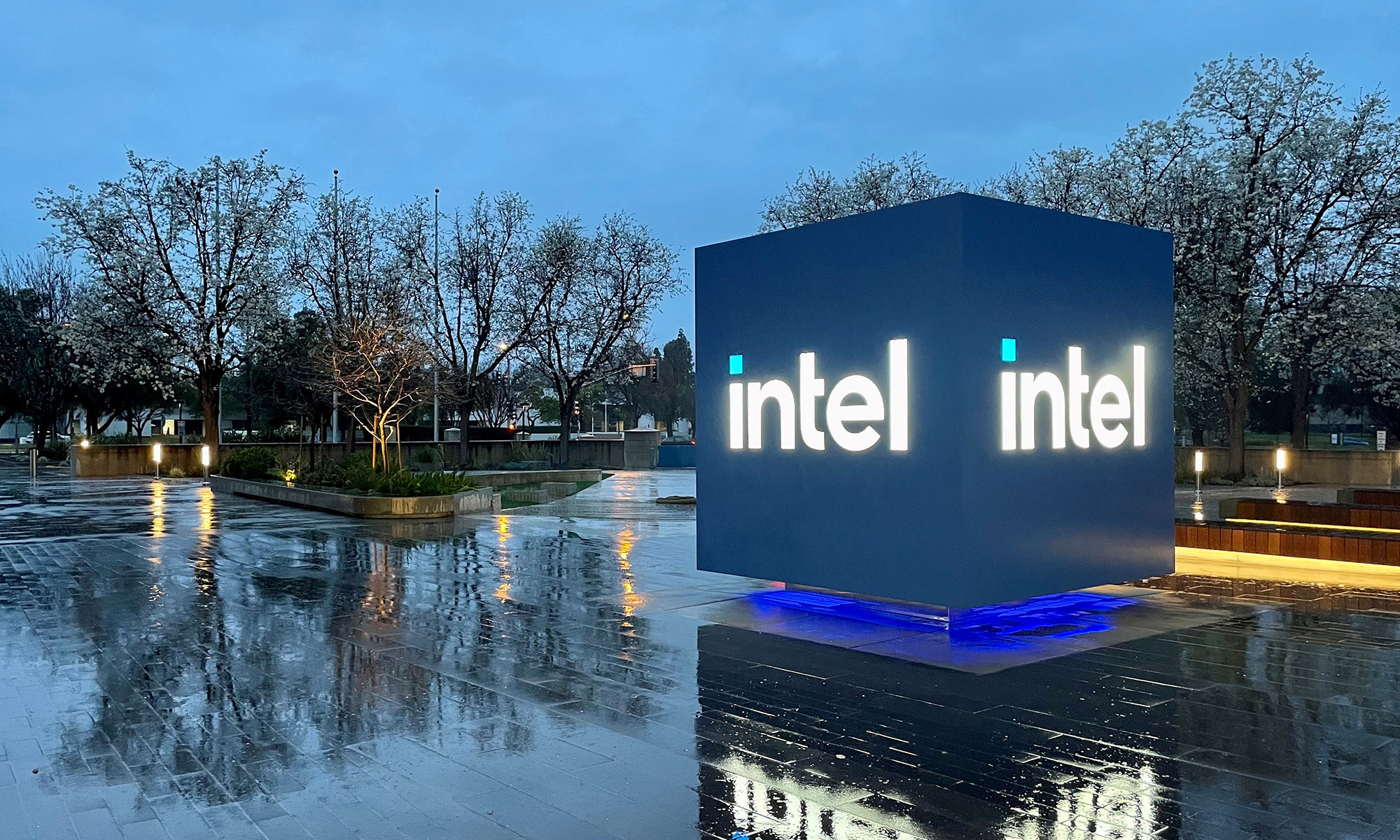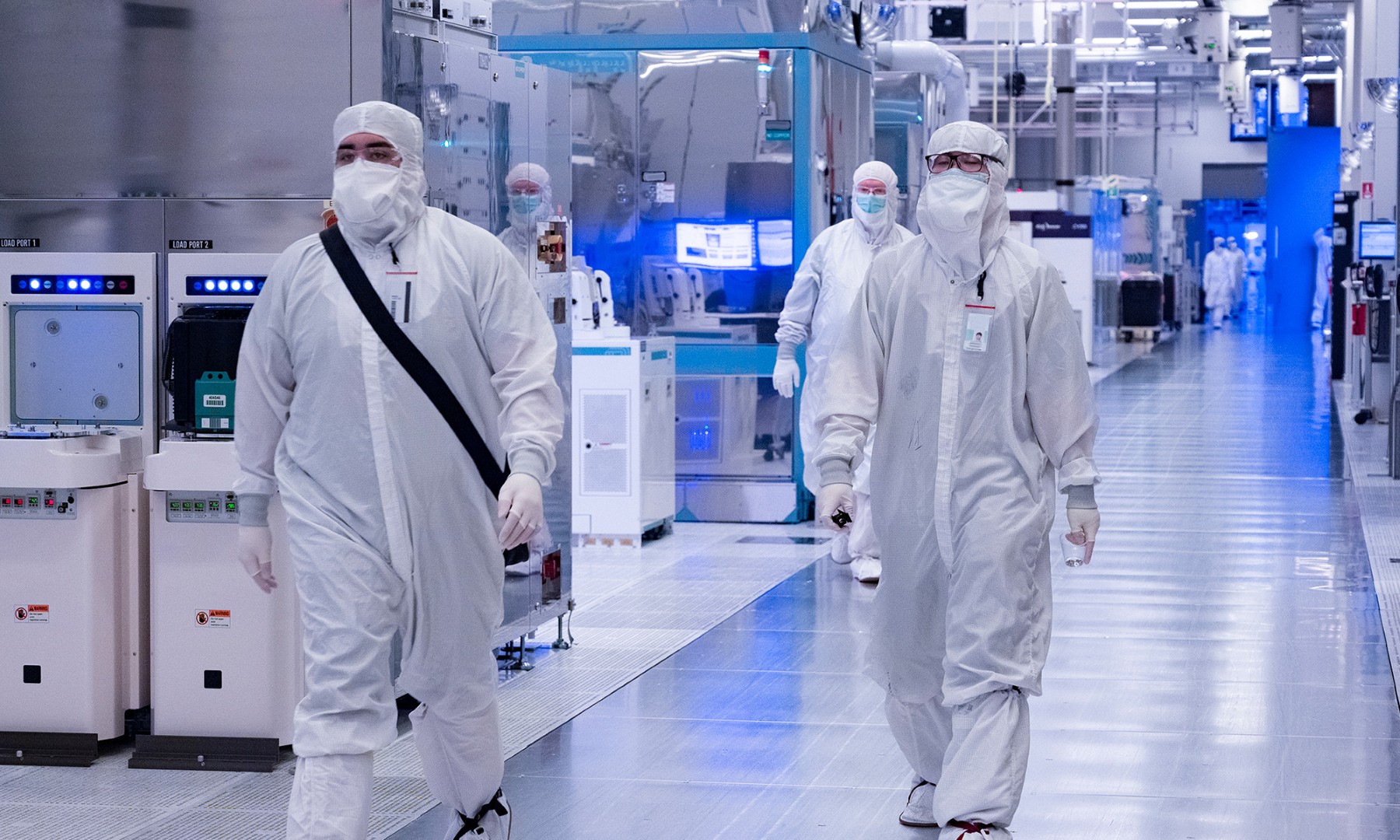According to Kirk Skaugen, senior vice president and general manager of Intel's (INTC +10.77%) PC business, there are a whopping 500 million consumer or business PCs that are four years or older. To put this number in perspective, worldwide PC shipments are good for about 350 million units each year. Undoubtedly, getting these users to upgrade to new PCs would be a major boon for the entire PC industry. But given the explosive rise of affordable mobile computing devices, it isn't looking promising that 500 million existing PC users will directly translate into 500 million new PC purchases.
Tipping the scales
Naturally, Intel hopes it can tip the scale back in the PC's favor with the upcoming release Intel Bay Trail, its next-generation Atom processor, which will allow device makers to produce affordable, yet power-efficient 2-in-1 hybrid devices and touch-enabled laptops. According to Skaugen, entry-level 2-in-1s should start at $400, while touch-enabled laptops are expected to start around $300, and both should be available around the holiday season. Considering the average selling price of a tablet is expected to be $381 at the end of the year, the PC may once again become palatable to consumers.
A new paradigm?
Despite the prospect of the PC becoming more competitive against the tablet in terms of performance and price, there's still no guarantee that users will automatically flock toward the PC. Although it's reasonable to think that users will want the added level of productivity with a PC, it's possible that everyday users already have their needs met with tablet computing. Additionally, worldwide tablet shipments are expected surpass portable PC shipments this year, further strengthening the notion that a massive behavioral change is currently under way.
If the PC still can't make headway against the tablet with the help of Bay Trail, it would become glaringly obvious that PC needs to become as tablet-like as possible. Let's hope those $200 Windows 8 tablets are all they're cracked up to be.





